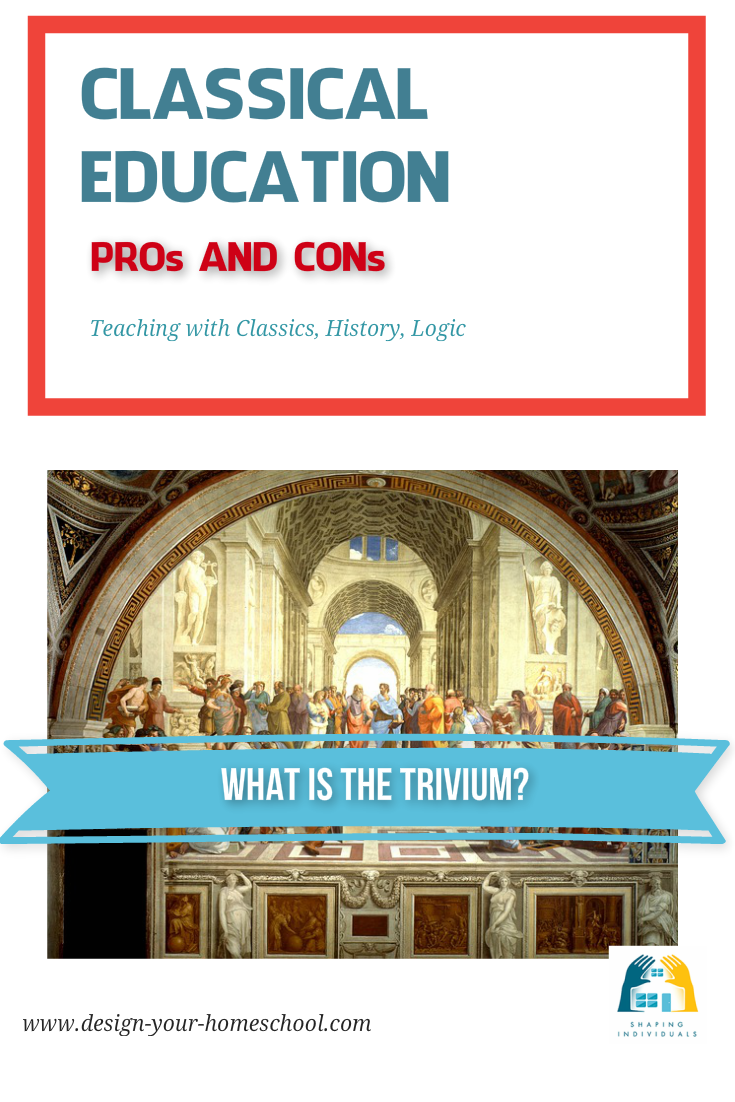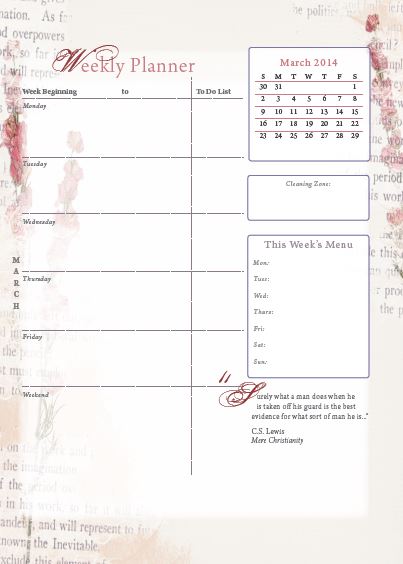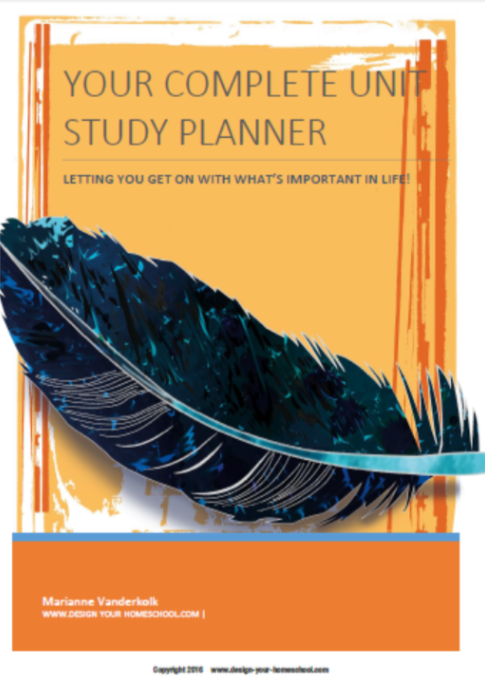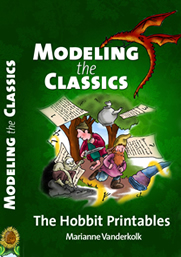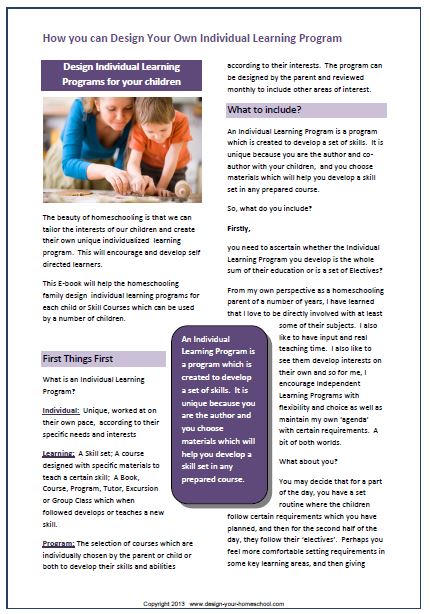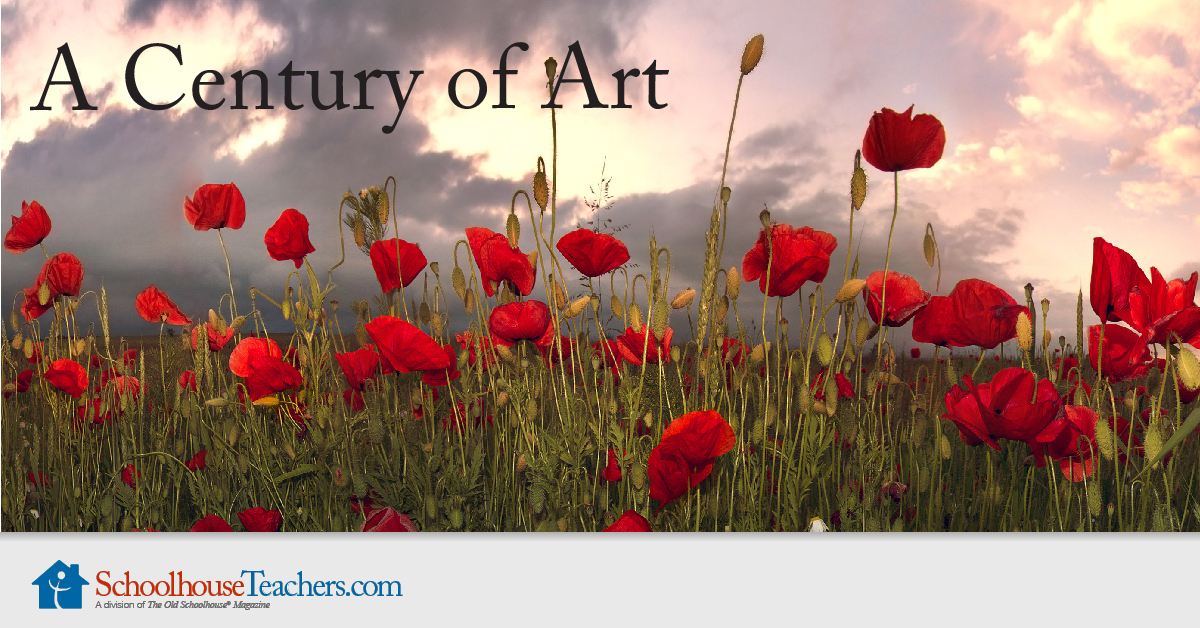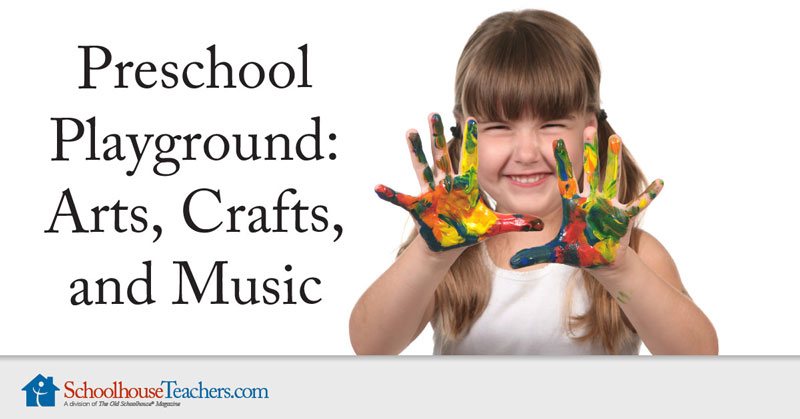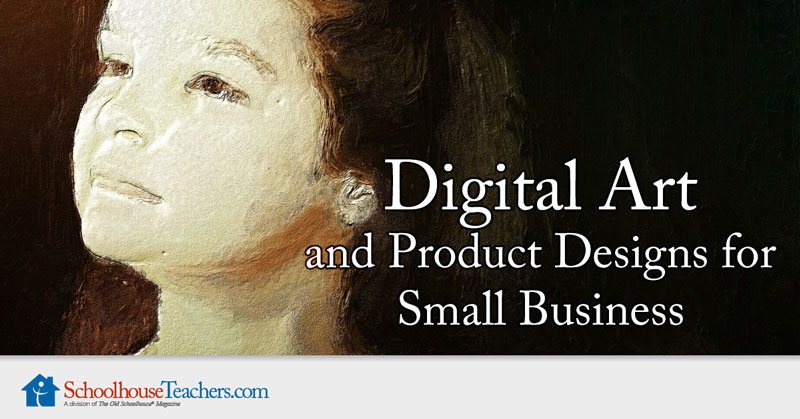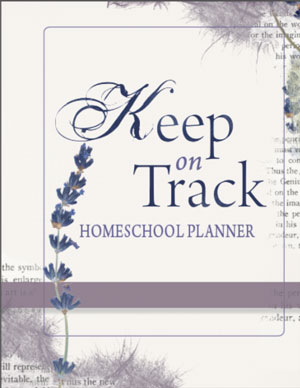Classical Home Schooling Overview
Classical home schooling is a very thorough approach to education, and heavily concentrates on language, thinking, reading, speaking and history. This classical home schooling approach requires an indepth and detailed study, and I intend to add my personal refection and study on this topic in the future. To cover this important home school approach, I have requested permission from Harvey and Laurie Bluedorn to re-print his article about classical home schooling on my site.
Below are further articles from my favourite Classical educators, and Books which explain what Classical home schooling and Education is all about - in definition and practical application.
Classical home schooling is expressed in learning stages known as the trivium.
The trivium in a capsule
by Harvey & Laurie Bluedorn. Copyright 2002. All rights reserved.
The Trivium consists of the first three formal subjects of the seven liberal arts: Grammar, Logic, and Rhetoric. This is the formal Trivium in the classical sense. This formal Trivium is an academic reflection of the more basic Biblical Trivium, the mental capacities of Knowledge, Understanding, and Wisdom. (See the list of references at the end of this article.) The classical style of education is built upon these three mental or intellectual capacities:
- The first, for receiving and gathering up information - Knowledge.
- The second, for arranging and connecting the information in a logical order - Understanding.
- The third, for putting this gathered and ordered information into practical expression - Wisdom.
Children are continually developing in Knowledge, Understanding, and Wisdom. Though these three capacities are mutually dependent upon each other, and the capacities are developing in the child from before birth, nevertheless, children pass through several developmental stages, or levels of learning, where one capacity experiences rapid growth. We will describe these stages below. Keep in mind that our age divisions are not meant as nice neat little cubicles. They are only arbitrary approximations, and they may vary greatly from child to child.
The knowledge level (or grammar stage) -
Before birth through age 12
The child is always learning facts, relating the facts to each other, and expressing these facts and relations in practical ways. But there is nevertheless a logical and developmental order among them. During the child’s early years, (up to age ten), children are largely learning the language, building their vocabulary, and filling up their basic understanding of the world. These children need more training than they need teaching. They should be trained in self-discipline and filled with useful information. This lays a proper foundation for more formal studies later. While all three capacities are growing during this time, the capacity for Knowledge grows the most rapidly. We call this period of intense basic factual learning the Early Knowledge Level, because it lays the foundation for what follows, which is the more intensive period of building Knowledge.
At about age nine or ten, these youngsters develop the capacity for more abstract thinking. They have reached such a state of maturity that the light bulb goes on and their capacity for Knowledge makes a growth surge into an intensive period when capacity and ability for formal academic study of Knowledge-related materials is most profitable. They can handle abstract mathematical concepts. They can discern the difference between a noun and a verb. This may be called the Later Knowledge Level. Understanding (reasoning) skills are beginning to increase their rate of development at this level, so some might classify this as the beginning of the Understanding Level. But this is really just a warming-up period. Their Knowledge skills must become more highly developed before either their Understanding (reasoning) skills or their Wisdom (practical expression) skills can develop rapidly.
While the child is in the Knowledge Level, we focus on teaching him the skills of comprehension – to accurately receive information – to gather the facts. Knowledge is imparted through telling, and demonstrating. It comes through the senses. We develop a vocabulary of facts and rules. At this level, we do not need to separate subjects. We can combine 1) language with literature and fine arts 2) mathematics with natural sciences 3) history with geography and cultural studies. Our goal is to develop competence in the tools of inquiry: reading, listening, writing, observing, measuring.
The understanding level (or logic stage) -
Ages 13 - 15
The intensive Knowledge period lasts about three years, and when it is over, Knowledge, of course, continues to grow and develop, but the capacity for Understanding – which has been developing all along – emerges as the front runner in this race. With a large foundation of Knowledge already laid, and the development of Understanding reaching a level of maturity, another light bulb goes on. The capacity for Understanding now makes a growth surge into an intensive period when the capacity and ability for formal academic study of Understanding-related materials is most profitable. Youths, from ages thirteen through fifteen, begin to develop their reasoning skills. They can handle algebra and geometry. They should be developing the critical apparatus for thinking. They should be more inquisitive and analytical. Their minds should be trained to correctly reason things out – to logically evaluate presuppositions and conclusions.
When the child is at this level, we teach him the skill of reasoning – to critically question, analyze, evaluate, and discern causes, motives, means, purposes, goals, and effects – to investigate the theory. Understanding is imparted through coaching, correcting, drilling. We develop a vocabulary of relationships, order, and abstractions. Our teaching will become more sequential and systematic, separating the different branches of learning. Our goal is to develop competence in the tools of investigation: analyzing, comparing, contrasting.
The wisdom level (or rhetoric stage) -
Ages 16 - 18
The intensive Understanding period lasts about three years, and when it is over, Understanding, of course, continues to grow and develop, but the capacity for Wisdom – which has been developing all along – emerges as the frontrunner in this race. When a large foundation of Knowledge and Understanding has been laid, and the developmental parts of Wisdom have reached a level of maturity, then a third light bulb goes on, and the capacity for Wisdom makes a growth surge into an intensive period when the capacity and ability for formal academic study of Wisdom-related materials is most profitable. Older youths, from ages sixteen through eighteen, begin to develop their skills in communication and application. They want to creatively and effectively express what things they have learned and to put these things into practice.
When the child is at this level, we teach him the skills of prudent judgment and effective expression – through communication and practical application. Wisdom is imparted through encouraging individual initiative and innovation, asking questions, and leading discussions. We develop a vocabulary of philosophical ideas and values. We begin to recombine the knowledge and the skills from separate disciplines. We seek the application of principles, values and goals.
The intensive Wisdom period lasts two or three years, and when it is over, Wisdom, of course, continues to grow and develop, but all three capacities – Knowledge, Understanding, and Wisdom – which have been developing all along, emerge as a fully developed team of tools.
The final finishing level -
Age 19+
During the next couple of years, as all of the mental capacities have been fully developed, the moral capacity of conscience – which has been developing all along, is brought to full measure. Young adults, ages nineteen and twenty, should bring these capacities into unison under the moral capacity for conscience. The capacity for accountability should be fully developed by the completion of the full Biblical age of twenty years (Numbers 14:29, etc.). Of course, all of the capacities will continue to grow, but the basic tools, which will be used throughout life, should all be developed by this time.
Applying the trivium to subjects
This same progression – Knowledge, Understanding, and Wisdom – applies to many other things. For example, each individual subject of study has three levels of development. First we learn the facts – that’s Knowledge. After we know a fair amount of facts, then we begin to discover the connection between the facts – that’s Understanding. After we know a fair amount of the connections between facts, then we create ways of expressing and applying the facts – that’s Wisdom.
Learning dysfunction
If we fail to properly develop one capacity, or to eventually bring all capacities into balance, then we will create a learning dysfunction. Knowledge is the most basic of all. Without Knowledge of a subject, we cannot go on to build a proper Understanding or to develop Wisdom in the subject. Likewise, improper development of Understanding will hinder Wisdom, but it will also hinder the capacity to pursue Knowledge.
Finally, an improper development of Wisdom will hinder the pursuit of Knowledge and Understanding. For example, if we fail to teach the basic phonics skills, we’ll artificially induce dyslexia – the inability to read well. If we fail to teach basic logic skills, we’ll artificially induce what we call dyslogia – the inability to reason well. If we fail to teach basic skills of expression and application, we’ll artificially induce what we call dyssophia – the inability to exercise good judgement.
Summary of the trivium development
In summary, the capacities for Knowledge, Understanding, and Wisdom are not neat little compartments with sealed doors between them. Rather, they all develop at the same time from the very beginning, yet they each pass through successive periods of intensive development, until they finally catch up with each other and work harmoniously together. These ages are only approximate, and your child may be on either side of the line.
To summarize it all in one sentence: we first instruct the child in Knowledge; then we guide the youth in Understanding; then we challenge the older youth in Wisdom.
*Exodus 31:3; 35:31; 36:1; Deuteronomy 1:13,15; First Kings 7:14; Job 15:8-9; Proverbs 2:6; 3:19,20; 5:1,2; 8:12; 18:15; 23:23; 24:3,4; Daniel 1:4,17; 5:14; Ephesians 1:8,9,17,18; Colossians 1:9,10; 2:2,3; and many other places.
I thank Harvery Bluedorn for permission to use this article.
Read some more articles and information at Trivium Pursuit
Articles on Classical home schooling
These authors have written books and articles about classical home schooling and are experts in incorporating classical education into their teaching.
Definition of Classical Education
by Harvey and Laurie Bluedorn.
Those who incorporate the reading of ancient classical authors, and declare this to be of the very essence of any education which could be styled as Classical, are actually referring to what might better be called a Classical Humanist Education. We do not mean to call them a bad name when we use the term humanist. A humanist in the classical sense is one who studies what are called the "humanities," primarily classical Greek and Roman literature..... Read more about classical home schooling by Bluedorns..
Classical Education / Classical home schooling
By Douglas Wilson
Classical learning is called "classical" because future leaders have been trained in its methods for centuries. In fact, some parts of the classical curriculum have been around for millennia.....Read More....
Introduction to Classical Education
By Fritz Hinrichs
Christian education has become something of a lost science. Not only have Christians done very little to prepare their children to become godly intellects, but intellectual incompetence has been seen as the true helpmate of vital spirituality. A soft mind has been seen as a vital tool in the pursuit of a soft heart. In our day, mental rigor and a vigorous intellectual pursuit have became equated with doctrinal rigidity and cold spirituality. ....Read more by Fritz Hinrichs on classical home schooling..
Why return to Classical home schooling?
The transformation of Classical Education
by Harvey and Laurie Bluedorn.
Is Classical Education reading Homer and Plato, or Caesar and Cicero? Many classical educators would say yes – reading such literature is an essential part of a classical education. But, does an unbridled focus upon classical – Greek and Roman – literature lead us toward Christ?.....Read More....
Why Classical Education?
By Fritz Hinrichs
This talk will attempt to answer three questions; what is classical education, why is it necessary in our day and what are its benefits?
The word "classical" or "classic" is used in many contexts and often without specific meaning: Classic Coke, classical music, classic rock; however, classical usually means something that through time for various reasons has been proven worthy of our respect and interest. In music, the work of certain composers ....Read More....
Practical application of Classical home schooling
Suggested Course of Study by Harvey and Laurie Bluedorn.
This is only a brief overview of our Suggested Course of Study for classical home schooling. A more thorough discussion can be found in our Teaching the Trivium book, in our seminar tapes... Read More....
Preparing Young Children for a Great Books Education
By by Wes Callihan of Schola Classical Tutorials
The goal of a classical liberal arts education is to free a person (thus “liberal” = liberating) from the narrowness, rigidity, and prejudice which is the natural characteristic of our minds. The goal of a Christian classical home schooling is to do so for the glory of God. While it is true that apart from salvation an educated person may be nothing more than an educated fool, it is also true that an ignorant Christian, no matter how godly, is limited by that ignorance; an educated Christian is a more effective servant of God because his natural abilities and talents have been developed rather than allowed to atrophy. The tradition of education in western civilization has been propelled for nearly two millenia by Christianity, during which time it has always assumed diligent training in godliness by a child’s parents as an underpinning to education.....Read More....
Books on Classical home schooling
Teaching the Trivium: Christian Home schooling in a Classical Style
By Harvey & Laurie Bluedorn / Trivium Pursuit
One of the most comprehensive books available on the homeschooling classical education model, the Bluedorns offer a workable plan for every age and subject based on the trivium of grammar, logic and rhetoric. Beginning with who should control eduction--parents or the state--and the basics of classical education, we are treated to both principles and practical advice. 635 pages, softcover.
The Case For Classical Christian Education
By Douglas Wilson / Crossway Books & Bibles
The myth of neutrality, pluralism and secularism have thoroughly infiltrated the school systems of today. We create the "No Child Left Behind Act", increase after-school programs and try out new methods, yet the problems continue. Illiteracy, low math scores, shameful knowledge of geography, not to mention the crime, drugs and lewd behavior of our schools are enough to show that our solutions aren't working the way we'd like them to. Douglas Wilson lays the blame squarely on the fact that schools are neutral about morality, purporting that education is essentially religious in nature. Building upon this premise, he advocates a return to Christian classical education, emphasizing early childhood learning and a system based upon the word of God. 256 indexed pages.
Where to from here?
- Leave classical home schooling and return to homeschool approaches
